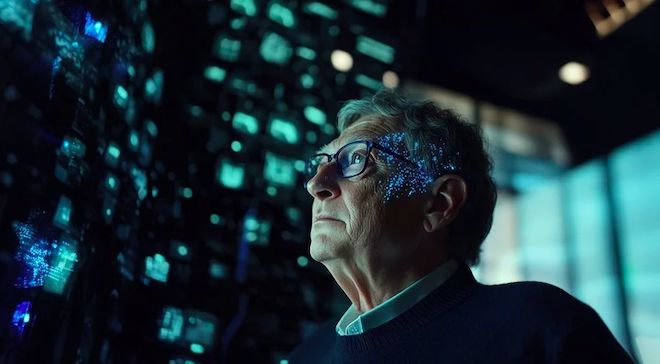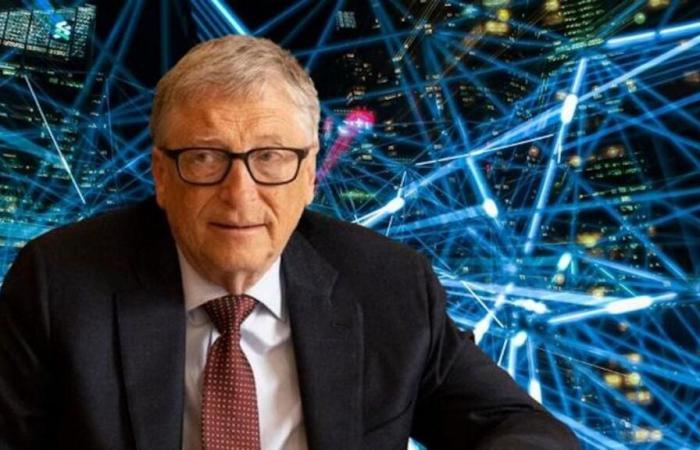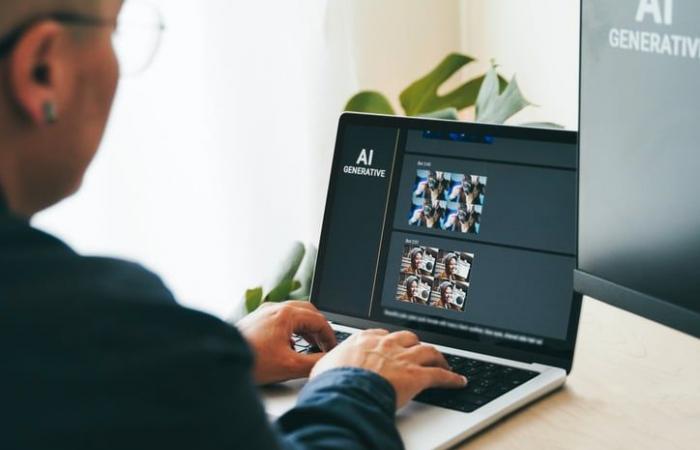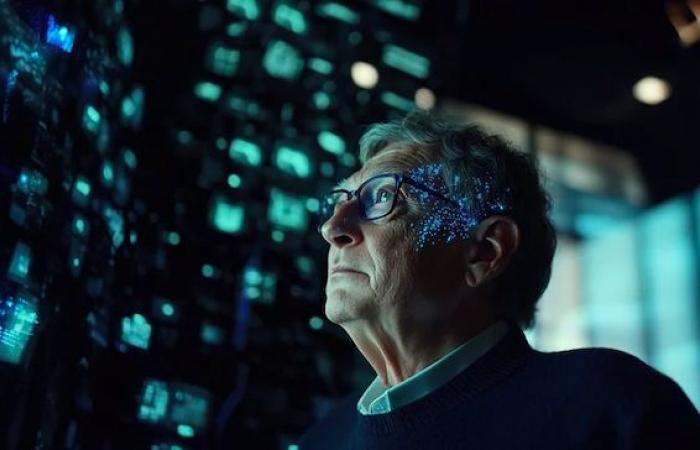At a technology conference, Bill Gates spoke about artificial intelligence and the future of the job market. According to him, only three professions will survive the advent of this technological evolution which is taking up more and more space to the detriment of humans.
As technology continues to evolve at a rapid pace, the future of work is becoming a worrying topic of conversation. Bill Gates, co-founder of Microsoft, recently shared a worrying prediction.
The rise of AI is reshaping industries around the world, from auto manufacturing to healthcare and beyond. Bill Gates is one of the most vocal advocates of the potential of artificial intelligence to transform the job market. He imagines a future where automation takes over routine tasks, leaving humans free to engage in more creative and meaningful work. This is what he said at a technology conference:
“I believe AI has the potential to reduce our working hours and allow us to focus on tasks that require creativity and critical thinking”
He believes this could lead to a more fulfilling work environment, where people have the opportunity to innovate and solve complex problems.
Photo credit: Microsoft
Three professions will survive artificial intelligence
According to Bill Gates’ predictions, only three sectors will remain robust in the face of AI disruption: energy, biology, and programming the AI system itself. Indeed, these areas require a level of expertise and adaptability that this new technology cannot easily reproduce.
For example, energy roles involve complex problem-solving and sustainability efforts that require human oversight. Likewise, the biological sciences require nuanced understanding and empathy, particularly in fields such as healthcare and biotechnology.
To navigate this new environment, Bill Gates urges individuals to acquire programming skills and digital literacy:
“AI is advancing rapidly, and those who master these skills will have better job opportunities”
Photo credit: iStock
Beyond employment, Bill Gates is optimistic about the potential of artificial intelligence to revolutionize education.
“In the next five to ten years, AI-powered software will transform the way we teach and learn.”
Personalized learning experiences, tailored to each student’s needs and learning style, could make teaching more effective and engaging.
How can we protect humanity in the face of the advent of AI?
As a great man said, with great power comes great responsibility. The rapid development of AI also raises important ethical and social questions. How can we ensure that the benefits of AI are fairly distributed? What steps can we take to prevent job displacement and support those affected by automation?
Organizations like the World Economic Forum are actively engaging in these discussions, advocating for policies that promote the ethical development of AI and workforce retraining programs. These initiatives aim to create a balanced approach where technology serves humanity without exacerbating inequalities.
 Photo credit: AI-generated image
Photo credit: AI-generated image
Bill Gates’ vision for the future of work presents both challenges and opportunities. While the prospect of only three employment sectors remaining may seem daunting, it also highlights areas where human ingenuity and expertise will remain essential. By investing in education, encouraging ethical AI practices, and supporting workforce transitions, we can effectively navigate this transformation.
As we enter this new era, the key lies in preparation and adaptability. Embracing the changes brought about by AI can lead to a more innovative, more efficient and more satisfying work environment for everyone according to Bill Gates.








